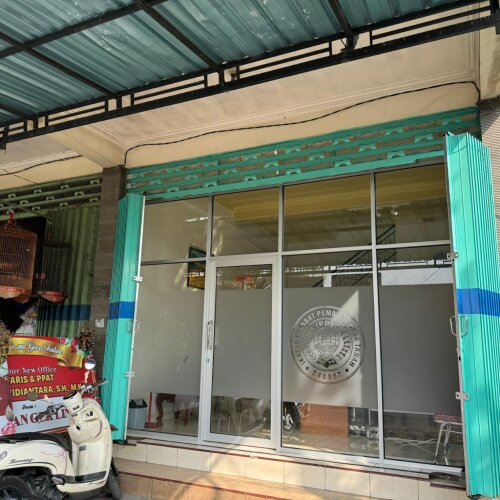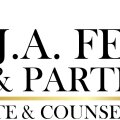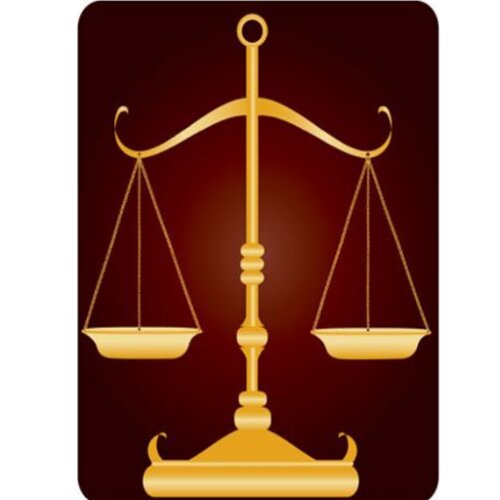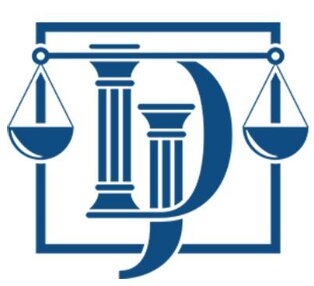Best Trusts Lawyers in Jakarta
Share your needs with us, get contacted by law firms.
Free. Takes 2 min.
List of the best lawyers in Jakarta, Indonesia
About Trusts Law in Jakarta, Indonesia
Trusts in Jakarta, Indonesia are legal arrangements where assets are held by a trustee for the benefit of one or more beneficiaries. Trusts can be created for various purposes such as estate planning, asset protection, or charitable goals. Understanding the laws and regulations surrounding trusts is essential to ensure that your assets are protected and distributed according to your wishes.
Why You May Need a Lawyer
There are several situations in which you may need a lawyer's assistance with trusts in Jakarta. Some common reasons include drafting a trust agreement, interpreting trust terms, resolving disputes among beneficiaries or trustees, or ensuring compliance with local laws and regulations. A lawyer with experience in trusts law can help you navigate complex legal matters and protect your interests.
Local Laws Overview
In Jakarta, Indonesia, trusts are governed by the Trust Law No. 23 of 2004. This law outlines the requirements for creating a trust, the duties and liabilities of trustees, and the rights of beneficiaries. It is important to be aware of the legal framework surrounding trusts in Jakarta to ensure that your trust is valid and enforceable.
Frequently Asked Questions
1. What is a trust?
A trust is a legal arrangement where assets are held by a trustee for the benefit of one or more beneficiaries.
2. Can I create a trust in Jakarta, Indonesia?
Yes, trusts can be created in Jakarta, Indonesia under the Trust Law No. 23 of 2004.
3. How do I choose a trustee for my trust?
It is important to choose a trustee who is trustworthy, competent, and willing to fulfill their duties and responsibilities.
4. What are the duties of a trustee?
Trustees have a fiduciary duty to act in the best interests of the beneficiaries, manage trust assets prudently, and comply with the terms of the trust.
5. Can I change the terms of a trust?
Depending on the trust agreement, it may be possible to amend or revoke a trust under certain circumstances.
6. How are trusts taxed in Jakarta, Indonesia?
Trusts in Jakarta are subject to tax laws and regulations, and it is important to consult with a tax advisor to understand the tax implications of your trust.
7. What happens if a trustee breaches their duties?
If a trustee breaches their fiduciary duties, they may be held liable for any damages caused and may be removed from their position as trustee.
8. Can a trust be contested in court?
Trusts can be contested in court if there is a dispute among beneficiaries or if there are allegations of fraud or undue influence in the creation of the trust.
9. How can I protect my assets with a trust?
A trust can provide asset protection by separating assets from personal ownership, reducing exposure to creditors, and ensuring assets are distributed according to your wishes.
10. Do I need a lawyer to create a trust?
While it is possible to create a trust without a lawyer, consulting with a trusts lawyer can help ensure that your trust is legally valid and enforceable.
Additional Resources
For further information on trusts in Jakarta, Indonesia, you can refer to the Ministry of Law and Human Rights or consult with a local trusts lawyer for personalized legal advice.
Next Steps
If you require legal assistance with trusts in Jakarta, Indonesia, it is recommended to schedule a consultation with a trusts lawyer to discuss your specific needs and concerns. A lawyer can help you understand your rights and obligations under local laws and guide you through the process of creating, managing, or resolving issues with trusts.
Lawzana helps you find the best lawyers and law firms in Jakarta through a curated and pre-screened list of qualified legal professionals. Our platform offers rankings and detailed profiles of attorneys and law firms, allowing you to compare based on practice areas, including Trusts, experience, and client feedback.
Each profile includes a description of the firm's areas of practice, client reviews, team members and partners, year of establishment, spoken languages, office locations, contact information, social media presence, and any published articles or resources. Most firms on our platform speak English and are experienced in both local and international legal matters.
Get a quote from top-rated law firms in Jakarta, Indonesia — quickly, securely, and without unnecessary hassle.
Disclaimer:
The information provided on this page is for general informational purposes only and does not constitute legal advice. While we strive to ensure the accuracy and relevance of the content, legal information may change over time, and interpretations of the law can vary. You should always consult with a qualified legal professional for advice specific to your situation.
We disclaim all liability for actions taken or not taken based on the content of this page. If you believe any information is incorrect or outdated, please contact us, and we will review and update it where appropriate.














